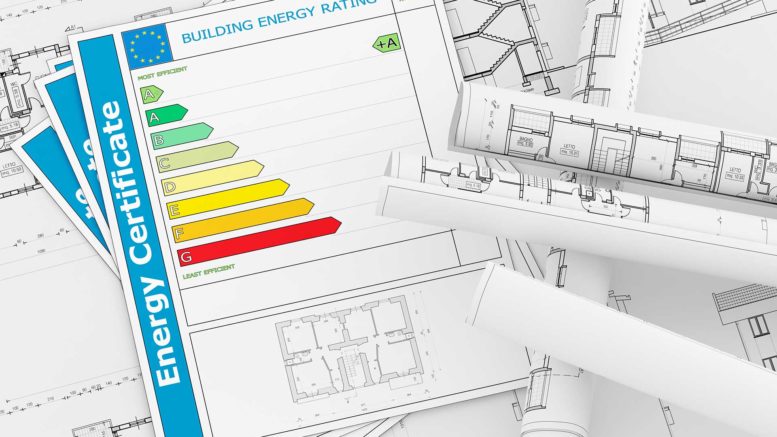There is ‘urgent need’ for reform to support energy improvements to rented housing, the National Residential Landlords Association has told the Chancellor of the Exchequer in advance of his 3 March.
MPs on the Environmental Audit Committee last week concluded that the delivery of the Government’s flagship Green Homes Grant scheme has been ‘poor’, said NRLA. The committee had noted that eligibility criteria for the scheme ‘prevented many from being able to access vouchers for the measures they required’.
Given that over 32 per cent of properties in the private rented sector were built before 1919, it faces more challenges that other housing sectors if it is to make homes energy efficient.
The Government has committed to upgrade as many private rented sector homes as possible to Energy Performance Certificate (EPC) B and C or better by 2030. Currently, 62 per cent have an EPC rating of D or lower.
The Chancellor could help achieve Government targets by ensuring the tax system actively supports landlords who want to make energy improvements, said NRLA. ‘Ministers have proposed to increase the amount up to which landlords have to pay to make a property more energy efficient from £3,500 to £10,000. According to Government data, the average gross rental income for landlords is £15,000 per year (before tax and other deductions), and the impact of this change is likely to decimate the income of some landlords’.
The NRLA is proposing that energy efficiency measures carried out by a landlord should be offset against tax at purchase, as repair and maintenance, rather than as an improvement at sale set against future Capital Gains Tax. ‘This would address anomalies – for example, whilst replacing a broken boiler is tax deductible, replacing an energy inefficient model for a more efficient boiler or heating system is not’.
Ben Beadle, Chief Executive of the National Residential Landlords Association, said:
The rental market stands ready to play its part in securing a green recovery, said NRLA chief executive Ben Beadle. ‘However, to achieve this we need a tax system that properly supports and encourages the work needed to ensure rented homes as are energy efficient as possible on a long-term basis. The Green Homes Grant scheme proves that short term measures do not work.
‘The Chancellor needs to use tax more positively to encourage investment in energy improvements. This would play a crucial role in cutting bills for renters, reducing carbon emissions and improving the nation’s housing stock’.








